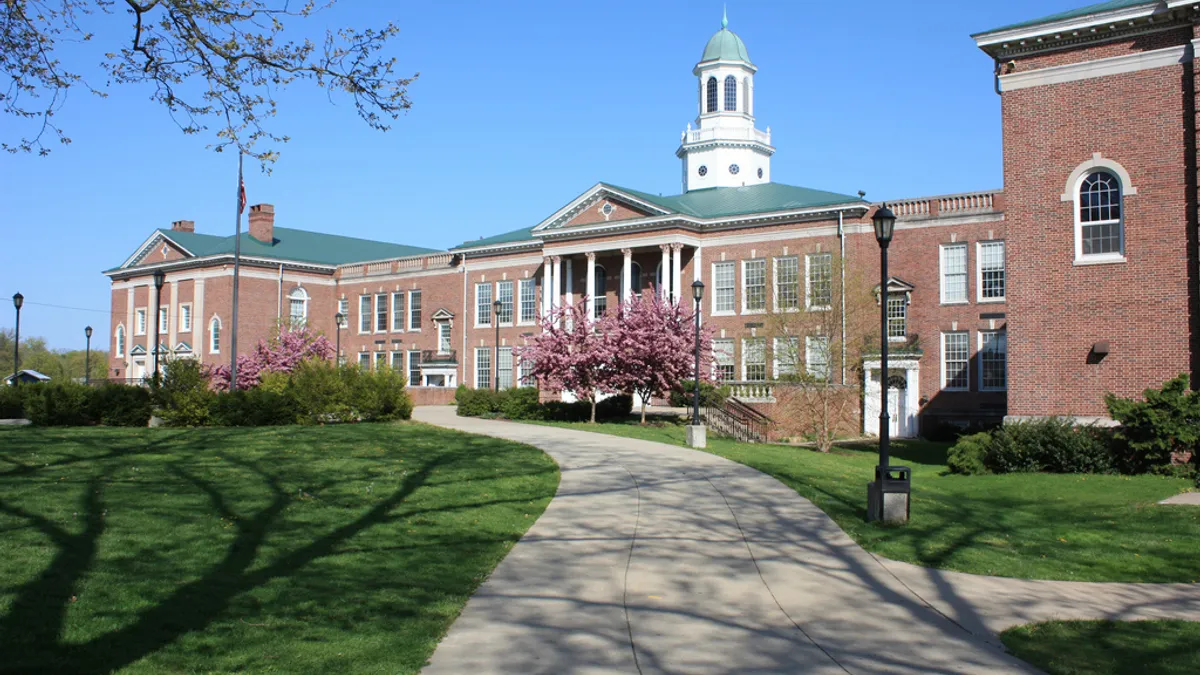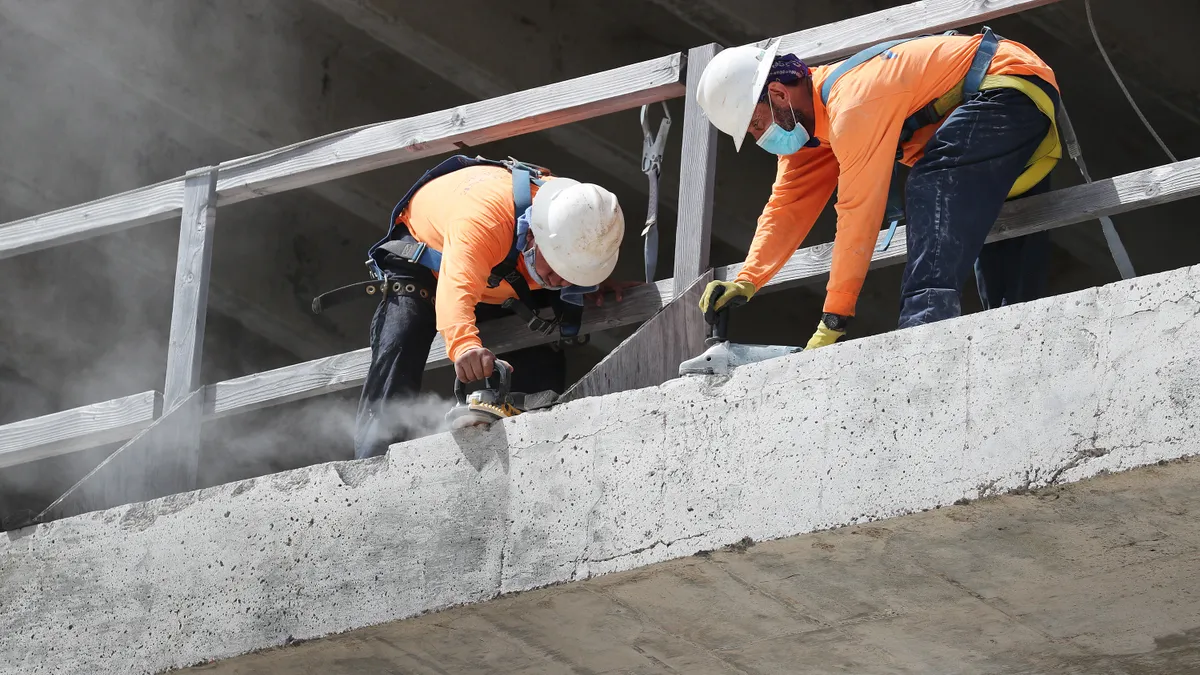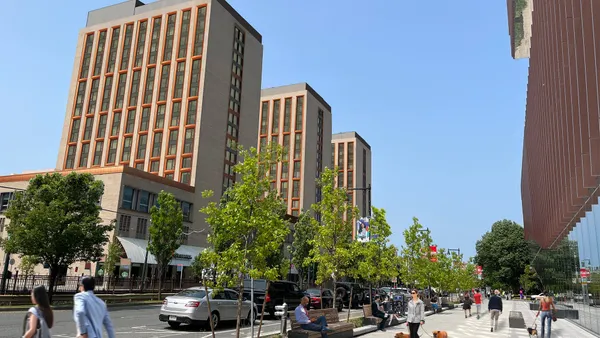Dive Brief:
- Pennsylvania state representative Jesse Topper has introduced a bill that would open major construction projects to competitive bidding, reported The Inquirer of Philadelphia. The bill, which is with the State Government Committee, was precipitated by a study from research firm Ducker Worldwide that found from 2005 to 2010, schools across the state wasted more than $100 million in taxpayer money on roofing by using cooperative purchasing rather than competitive bidding.
- The proposed bill would outlaw cooperative purchases for construction projects, which the bill's backers say will save money, especially for public schools having financial troubles. One school district received a roofing bid from a cooperative for $2.4 million, whereas an open bid for the same project totaled $1.4 million.
- Still, many Pennsylvania school officials say cooperative purchasing agreements have merit, offering quality assurance, consistency and reduced maintenance, reported The Inquirer. They also say that open bids, unlike cooperatives, don’t take design costs or project monitoring into account.
Dive Insight:
Pennsylvania joins other states, including Virginia and Indiana, as well as Baltimore County (Maryland) Public Schools, in challenging whether cooperative purchasing agreements are the best choice for public school construction projects. A 2015 audit in the Baltimore County Public Schools revealed that it had overpaid by $11 million for roofing projects since 2006. The report also said that Texas estimated its taxpayers paid an excess $1.3 million per year related to roofing, while Indiana, Massachusetts, Virginia and other states found fraud and abuse in these arrangements.
An investigation of waste and abuse in public school roofing projects in New Jersey dating back to 2000 concluded there was “evidence of widespread cost-gouging, unscrupulous bidding practices, contract manipulation, questionable design, installation and inspection procedures and other abuses.”
Public school building represents just a fraction of construction projects that taxpayer dollars finance. Projects supported by state DOTs are funded by taxpayers, for example, but these dollars can show up in other types of construction projects as well.
In Nevada, the Clark County Commission opted to help finance the NFL’s $2 billion Las Vegas Raiders stadium with a $750 million taxpayer-supported bond deal. The bonds, which will be repaid with proceeds from a new county hotel tax, will finance the public share of the project. Taxpayer protections, which require the team to pay off the bonds if it should move before 30 years, are included in the bond ordinance.













